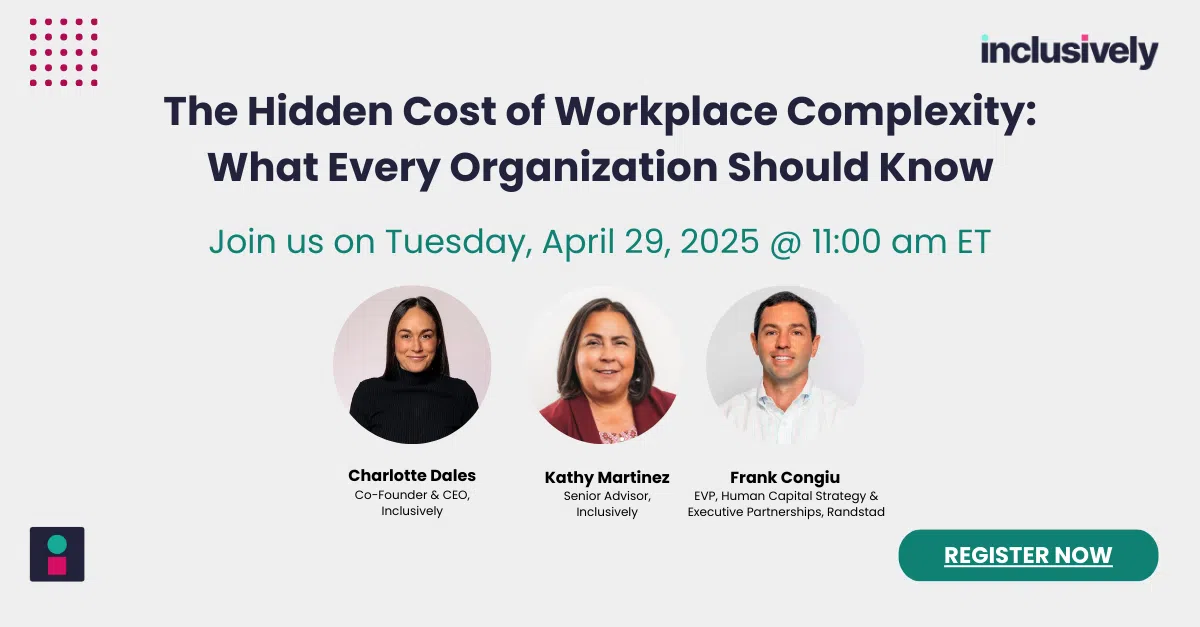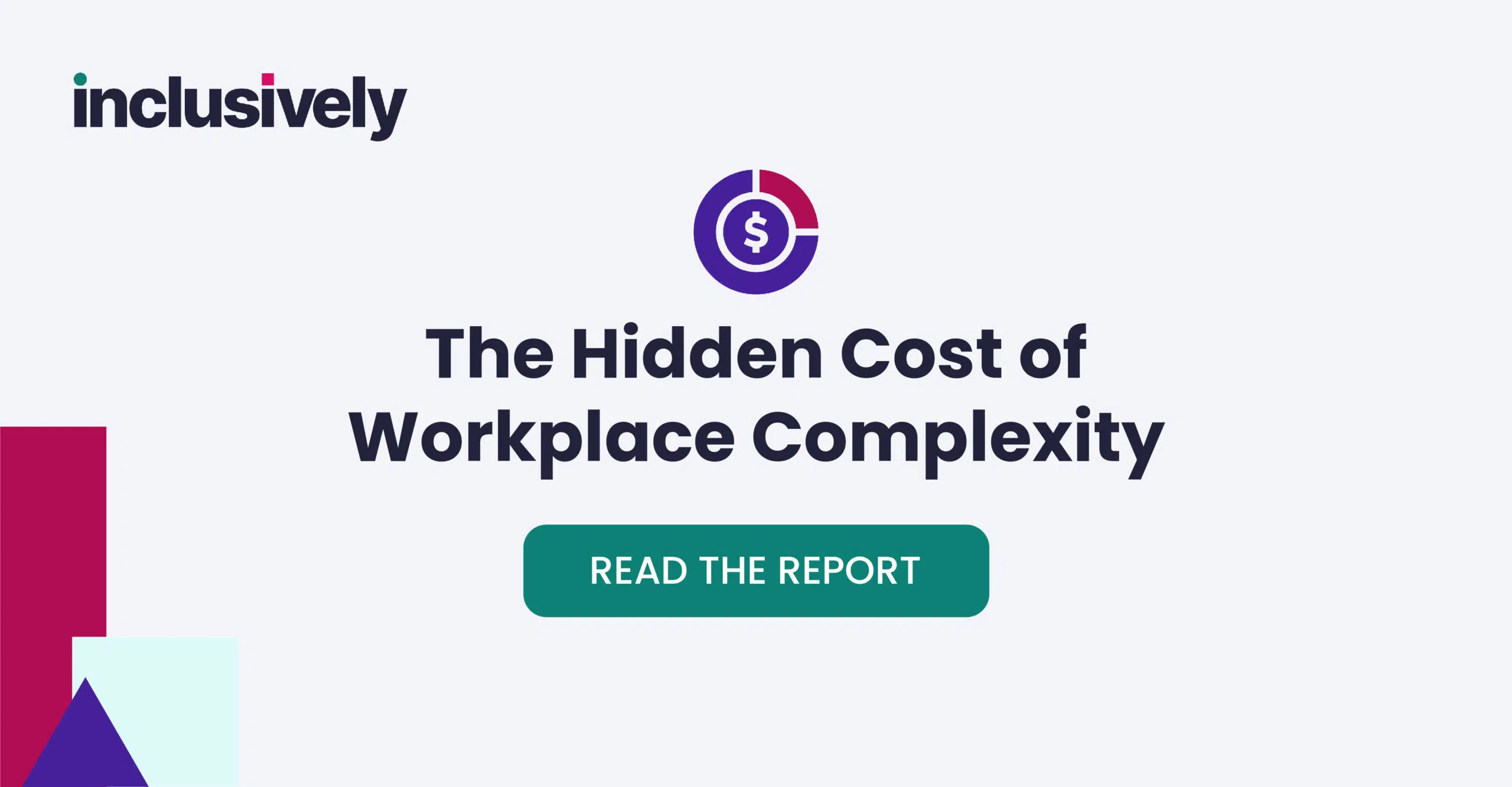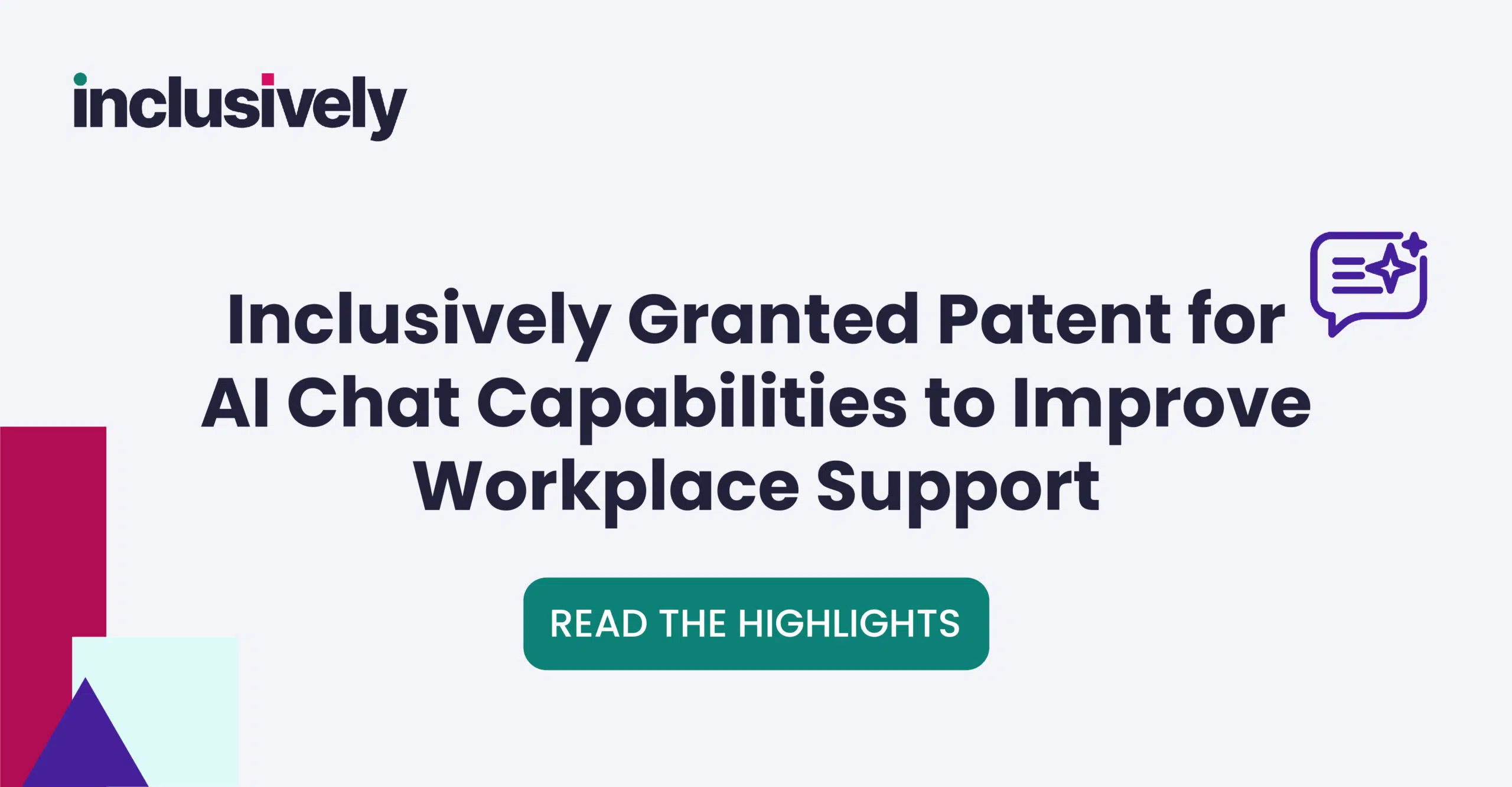Part 2 of 3
For most of the estimated 40 percent of U.S. adults who have contracted COVID, the symptoms are temporary. For some, however, certain symptoms may continue for weeks, months, or even years after the initial infection. This condition is known as long COVID, and if you’re one of the many who are suffering from it, you already understand how some of its symptoms – such as extreme exhaustion, severe headaches, “brain fog” or gastrointestinal issues – can have a significant impact on your ability to do your job.
If a long COVID diagnosis is having a negative effect on your ability to do your job, you may feel uncertain about how – or even whether – to discuss it with your employer. You wouldn’t be alone in being hesitant. A Harvard Business Review study found that nearly 60 percent of people with disabilities don’t disclose their condition to anyone at work. (And yes, long COVID qualifies as a legally recognized disability under the Americans with Disabilities Act.)
Fears around disclosing a long COVID diagnosis can vary from being viewed as lazy or inadequate by supervisors to fear of harassment or ridicule, or the possibility of being overlooked for career advancement opportunities. However, the benefits of being open with your employer are considerable.
Because long COVID is a relatively new phenomenon, it can sometimes be difficult to get it accurately diagnosed. There isn’t a simple test a doctor can use to determine if you have it, and many of its symptoms are similar to those of other illnesses. Instead, a diagnosis relies on studying a patient’s collection of symptoms, and some people with long COVID claim their doctors don’t take their symptoms seriously. Thankfully, many doctors are just now getting more familiar with the symptoms that comprise long COVID and may be more likely to diagnose it than just six months ago.
If your doctor won’t diagnose you as having long COVID, you may want to seek a second opinion. Consulting one of the many long COVID clinics that are springing up around the U.S. may be a good next step.
For long COVID to be considered a disability under the ADA, it needs to substantially limit one or more major life activities. The ADA defines major life activities as including lifting, standing, breathing, concentrating, and many other functions that are often impaired by long COVID. You also must work at an organization with at least 15 employees. Organizations such as the federal government’s Administration for Community Living can help you navigate this process.
Communicate with your employer
A study by the Harvard Business Review reported that people who disclose their disabilities to colleagues they work most closely with are twice as likely to feel happy at work and are much less likely to feel anxious or isolated.
Because long COVID is a condition covered by the ADA, your employer is required to provide any reasonable accommodations you might need to successfully do your work. Remember that your employer can’t help you if they aren’t aware of your needs. If you have clear recommendations from your medical caregivers about adjustments you should be making – reduced or flexible hours, options for remote work, varying the kinds of work you do – share them with your supervisor and have discussions with them about accommodations that make sense for both parties. And stay in communication – share updates from your medical team if they change over time.
Know your rights, but keep an open mind
You may need to be flexible about your approach to work. It’s understandable if you have concerns about your ability to handle a full workload. It can be particularly unsettling if you’ve never dealt with any kind of disability previously and are navigating it for the first time. It may help to remember that it’s new for everyone – many employers may still be learning how to accommodate employees with long COVID, and since research about it is limited, the full impact it will have on the workplace isn’t yet known. Be your own advocate and actively participate in decisions being made by your employer and your medical care team. You know yourself best.
Regardless of how you engage with your employer about accommodations, approach it with an open mind. You have every right to ask for what you need, and employers have the right to provide an effective accommodation – even if it isn’t your preferred choice. Depending upon the state, they may also ask for medical documentation of your condition, which may be helpful for you to provide if you are requesting an accommodation and your disability is non-apparent. Note that you don’t have to provide your full medical records; in most situations under the ADA, an employer can’t request your full records. Just provide information about your long COVID symptoms and treatments.
Tap into established options
Don’t forget that your employer may have existing benefits programs that may help you, such as workers’ compensation, leaves of absence, and resources provided through employee assistance programs. Your HR department is usually the best place to start to learn more about these kinds of benefits.
Finally, make sure you prioritize your health as much as you can. Follow any instructions you receive from your doctor and don’t overdo it at work. Eat healthy foods, stay active, and get rest when you need it. After all, the best way to advocate for yourself is to stay on the road to recovery.
References:
1. CDC, Nearly One in Five American Adults Who Have Had COVID-19 Still Have “Long COVID”, 2022.
2. Harvard Business Review, Why People Hide Their Disabilities at Work, 2019.
3. U.S. Department of Labor, Workers with Long COVID-19: You May Be Entitled to Workplace Accommodations, 2021.
4. National Institutes of Health, Scientists identify characteristics to better define long COVID, 2022.
5. Time, Back-to-Office Pressure is Creating a Crisis for Long COVID Patients, 2022.
6. Healthline, Long COVID Isn’t Going Away: How to Better Diagnose and Treat This Condition, 2022.
7. Administration for Community Living, How ACL’s Disability and Aging Networks Can Help People With Long COVID, 2021.
8. Harvard Business Review, Why People Hide Their Disabilities at Work, 2019.
9. Business for Social Responsibility, The Workforce Challenge of Long COVID, 2022.
10. Job Accommodation Network, Requests for Medical Documentation and the ADA, 2022.



